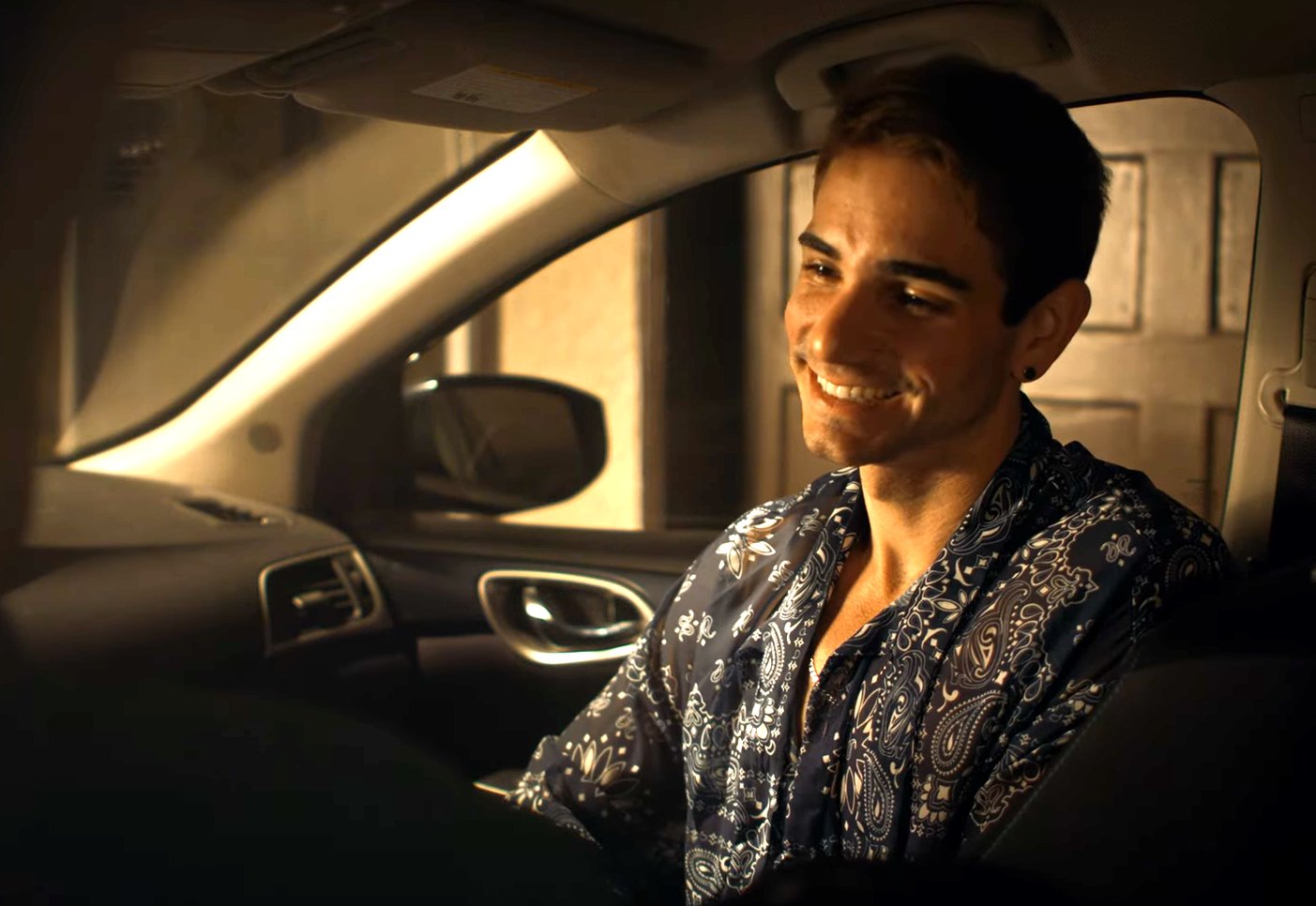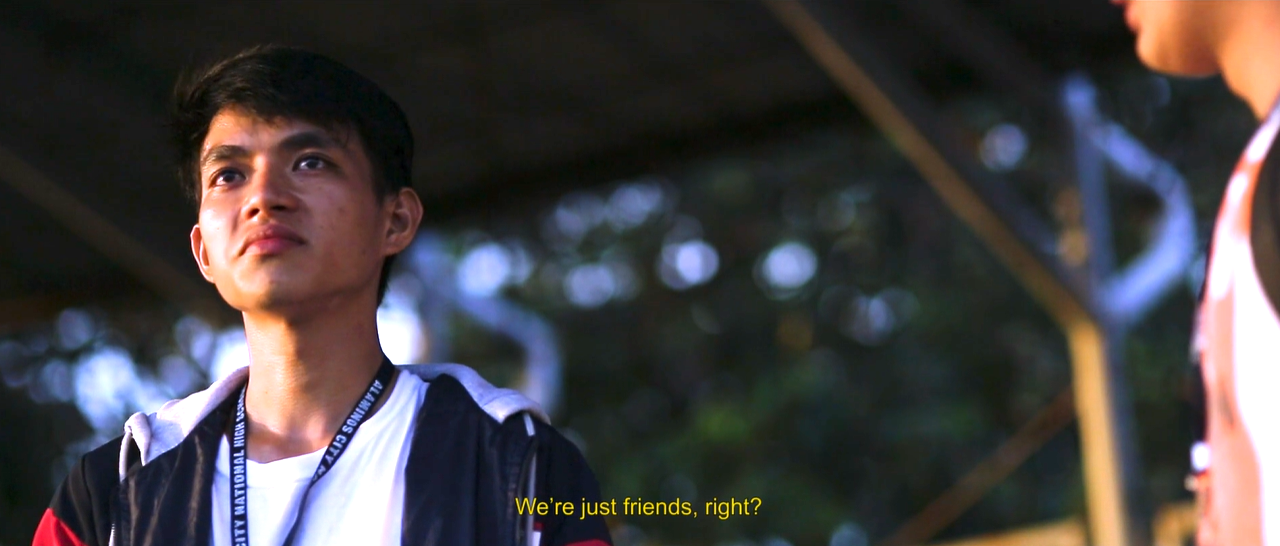talking
by
Douglas Messerli
Kade
Alexie (screenwriter and director) Pit Stop / 2024 [10 minutes]
a
Latino named Lalo (Jason Caceres) immediately goes for the cock, while the
black man, Justin (Kade Alexie) admits he’s not hard yet.
So instead, the two sit back and talk a
bit, getting to know one another—a rare thing on Grindr dates. Lalo discovers
that Justin works at a restaurant to support himself, but is struggling to
become a comedian. Lalo, in turn, is a would-be actor who “sometimes” goes to
auditions, except that there aren’t many roles for Latino men, just as a slightly
overweight black man finds few venues.
Lalo finally admits, when asked how his
search for a husband going, he reveals an engagement ring. His lover, however,
is not truly interested in sex, allowing Lalo to meet up with others for sexual
activities.
Justin admits that he’s just been on a
date where the man he met far too serious religion and simply boring.
Justin argues that Lalo deserves better
than the man he is planning to marry.
After,
they spontaneously kiss, both fully enjoying the experience; but it’s time for
Lalo to go in, and he doesn’t see the same person twice, he announces. Justin
convinces him, nonetheless, to take his number, even if he later deletes it.
Before he’s even driven off, however, Lalo has texted him on how he too enjoyed his company. Except for Justin being unable to support Lalo’s home-bound life, they seem to be the perfect couple, and director Alexie leaves us with that vague possibility, even if it is without any likelihood.
Nonetheless, both have experienced
something about what a relationship is truly like, with the ability to discuss
freely and openly about one’s feelings and ideas.
This has been for both an enlightening “pit
stop,” allowing both men to see new possibilities in their love lives.
Los Angeles, June 20, 2025
Reprinted from My Queer Cinema blog (June 2025).









